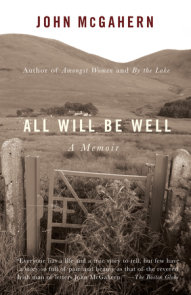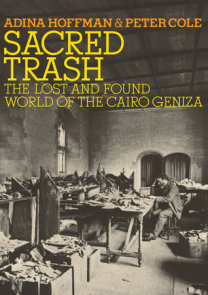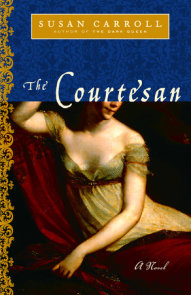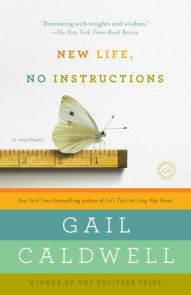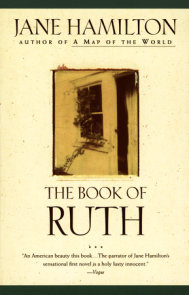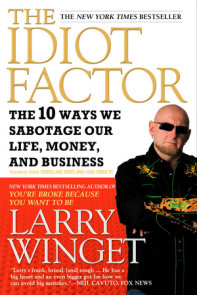READERS GUIDE
Questions and Topics for Discussion
1. Why do you think the author chooses to tell the story using different points of view? What makes each narrator distinct?
2. Regina calls Miguel her archangel and even sometimes “her guardian angel” (pg. 51). Do you think the title refers to him? What else could it mean?
3. Regina says that her biggest fear is that Gabo will want to be a priest, and that, when Rafa hears about it, “he’ll be so disappointed” (pg. 7). Why do you think she says that? What kind of a life do you think she envisions for Gabo?
4. Gabo tries not to take pleasure in anything, even something as simple as enjoying the fresh produce from his aunt’s garden. Do you think his motivation extends beyond religion? Is Gabo always saintly, or do you see any other sides of him in the novel?
5. The Los Angeles Times called The Guardians “a rollicking read, with jokes and suspense and joy rides and hearts breaking.” What are some examples of humor in the novel?
6. Regina unexpectedly finds a romantic connection with Miguel. Why do you think it took her so long after losing her husband to enter another romantic relationship? How do you think her first relationship shaped her interactions with Miguel?
7. How does Jesse serve as Gabo’s foil? How are the two boys most alike?
8. When Regina thinks about her own days as an undocumented farm worker, she says: “That’s all every immigrant in the world wants, to get her papers in order. To officially become a person” (pg. 116). How is this quote important to the novel? How do you think this mentality has affected Regina?
9. Regina and Rafa come from the same family, yet their fates are very different. Why is Regina more conventionally successful in America than Rafa is? How, if at all, do they epitomize the immigrant experience?
10. Abuelo Milton becomes a hero several times in the novel, snatching Gabo from the clutches of danger. Why do you think he chooses to become so involved in Gabo’s and Regina’s troubles?
11. Towards the end of the novel, Miguel quotes the nineteenth-century Mexican president, Porfirio Diaz, saying: “Poor México, so far from God, so close to the United States” (pg. 151). Why do you think he uses this quote? How are the two countries represented in the novel?
12. What do you envision for Gabriela’s future?









